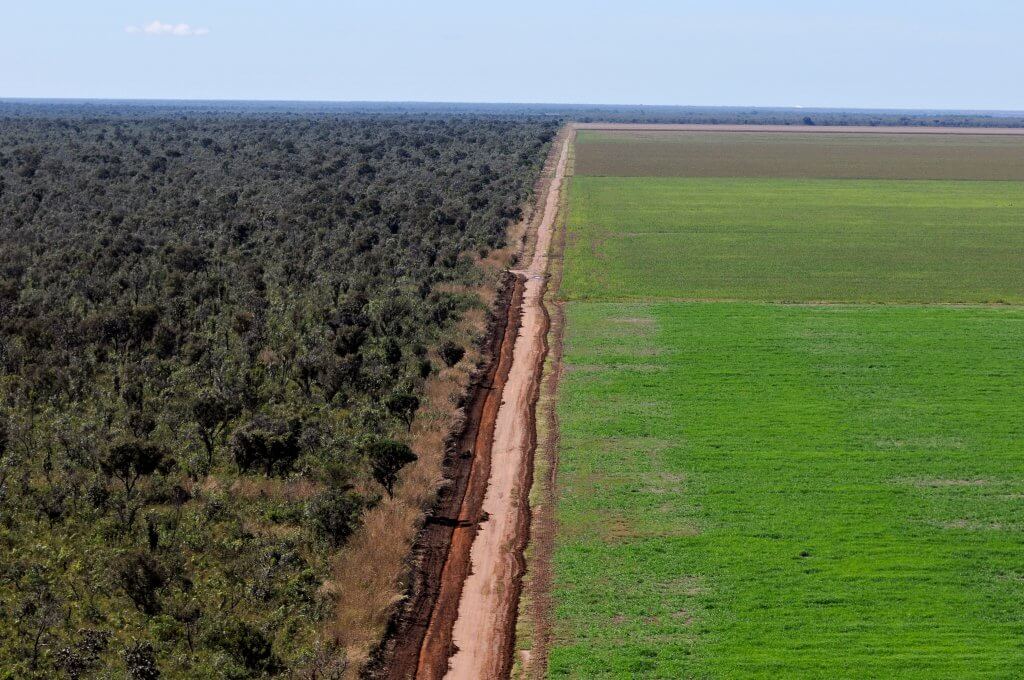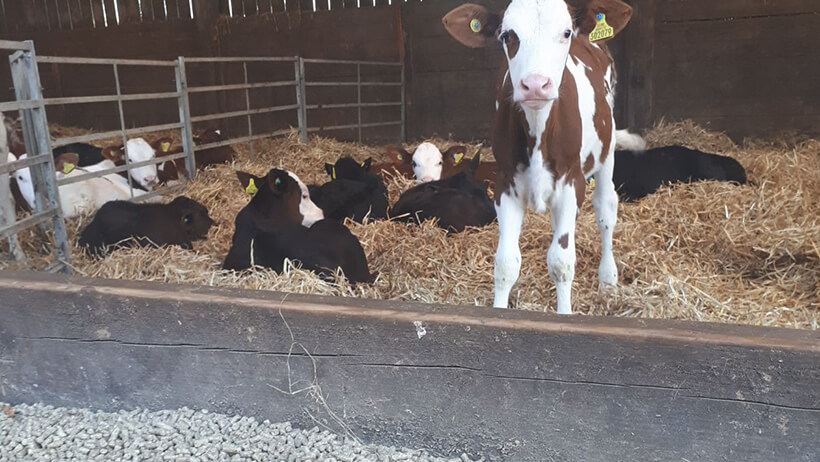At Tesco our purpose is to serve customers a little better every day and we aim to provide them with affordable, sustainable and healthy products.
Forests are the lungs of our planet. Today forests cover 30% of the earth’s land surface. They are a vital source of oxygen and home to 80% of the earth’s biodiversity, including many endangered species. They also provide livelihoods for 1.6 billion people.
But these forests are under pressure as a result of human population growth (7.6 billion today and expected to reach 9.6 billion by 2050).
In response to this challenge, members of the Consumer Goods Forum (CGF), including Tesco, have committed to achieving zero-net deforestation in our sourcing of agricultural raw materials, by 2020. For Tesco, the most important of these raw materials is soy.
Soy and Deforestation
Soy is a high quality vegetable protein and a key ingredient in animal feed. As the global demand for meat increases, so does the demand for soy.
South America is one of the world’s biggest producers of soy and an important sourcing region for our UK supply chain. It’s also home to some of the world’s most valuable forests and other ecosystems. As the demand for soy in animal feed increases, so does the pressure on these valuable ecosystems.
Preventing further deforestation is critical to mitigating climate change, conserving biodiversity and protecting the communities who make their home in the forests.
Achieving Zero Deforestation Soy

Aerial view of an unpaved road dividing a soy (Glycine max) monoculture from the native Cerrado, in the region of Ribeiro Gonçalves, Piauí, Brazil.
Soy production can be compatible with forest protection. Industry, civil society and governments must work together to ensure that soy expansion occurs only on existing agricultural land. Offering incentives as well as effective policies that redirect soy expansion to existing agricultural land can ensure zero deforestation soy production.
One of the earliest industry efforts at creating such incentives has been through farm level certification, which remains an important step towards zero deforestation supply chains. However, certification on its own has not halted forest loss.
One successful initiative is the Amazon Soy Moratorium – an industry agreement, supported by government and civil society – which has halted further forest loss to soy. Lessons from this initiative are being applied to other important ecosystems as demonstrated in the Business Statement of Support (“SoS”) for the Cerrado – the world’s most biodiverse savannah.
Our UK Zero Deforestation Soy Transition Plan
Responding to the need for leadership by retailers, we have developed our UK Zero Deforestation Soy Transition Plan. This Plan supports the commitment we made in our Little Helps Plan to lead the industry in addressing sustainability challenges in our supply chains. It also supports the implementation of both our CGF and SoS commitments.
Our ambition is that all soy used as animal feed in our UK supply chain is sourced from areas which are verified as zero deforestation.
To achieve this we will work with our supply chain partners to transition our South American soy from farm level certification towards sourcing from verified zero deforestation areas, through the following phases:
- Phase 1: transition to zero deforestation soy credits schemes, starting in 2018
- Phase 2: transition to Area Mass Balance (or Mass Balance) certified soy, by end of 2020
- Phase 3: transition to sourcing from verified zero deforestation areas, by 2025
Our transition plan roll-out will start in 2018/19 with the animal proteins that require the most soy (e.g. whole chicken and pork products).
By industry, civil society and governments working together, we can still halt global forest loss and safeguard our planet for future generations. We are looking forward to playing our part and working in collaboration with industry partners and others to achieve this goal.
You can learn more about how Tesco is reducing its impact on the environment here.
This post first appeared on tescoplc.com and was written and contributed by:
Daniel Salter
Responsible Sourcing Manager (Forests)
Tesco


